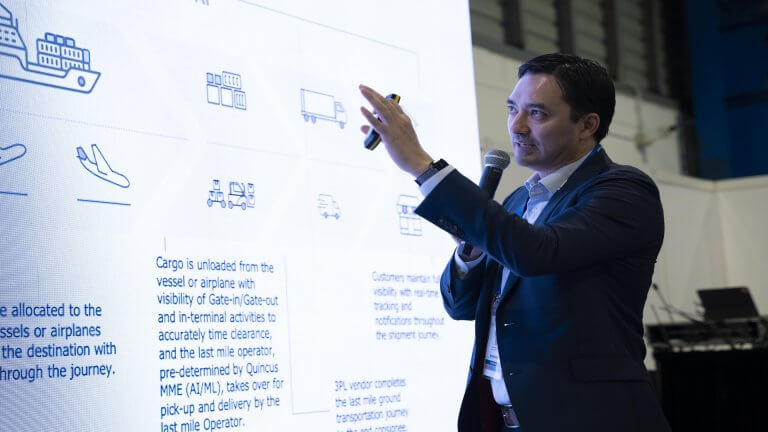
Seizing the Opportunities for Retail Supply Chain Optimization
Supply chain technology has made it possible for even one-shop retailers to command the same resources and requirements as medium-sized to large ones. With delivery and transportation assets now freely accessible across first, middle, and last miles, there is no time like the present for retailers to modernize and optimize their supply chains.
The supply chains of today are made up of more controlled individual segments. Retailers relied on historical data for forecasting and stocking and were at the mercy of manufacturing lead times. But the production cycle has become shorter. Technological advancements have also made on-demand manufacturing possible. This translates to a need for visibility of suppliers and sub-suppliers–visibility of purchases made as well as how those purchases are being made.
Data is the cornerstone of all this.
Digitize, then optimize
The first and foundational step for a retailer to begin optimizing their supply chain is digitization. Handwritten charts and Excel spreadsheets must be replaced with systems that collect and centralize all supply chain data–whether this is a single platform or multiple platforms interconnected via APIs and automation. With data on orders, inventory, fleet movements, and more centralized and easily accessible, retailers can gain the visibility they need to optimize.
Real-time data on purchase volumes from order management systems can be dissected with analytics to spot emerging consumer trends, enabling more accurate and frequent forecasting than is possible with historical data alone. This leads to more agile inventory management and less holding costs.
Combined with upstream supply chain visibility, this also gives retailers a buffer against manufacturer miscalculations or unforeseen demand fluctuations. Sourcing on a smaller and more frequent, or even on-demand, basis can mitigate the effects of such events. Retailers dealing in commodities especially stand to gain by being able to tap into widespread demand on the supplier side, leveraging visibility for order consolidation, and potentially driving costs down through external fulfillment centers that are shared by many other retailers.
Cut down inefficiencies and risk
Bringing machine learning into the picture is how the visibility gained through digitization and centralization of supply chain data is truly elevated to optimization. A key example is retail last mile. Despite the e-commerce boom driving high-volume, high-density shipping, manual or outdated dispatch processes continue to hold back delivery assets from optimal capacity utilization. One approach we have seen is to divide up an area into zones and assign a certain number of vehicles to service each zone. However, this creates a dispatch model that is not demand-sensitive: even if there is only one order from a zone, a truck still needs to go out to service it.
Geocoding and route optimization algorithms now enable fleet operators to know exactly where every vehicle is at any time and automatically identify where pickups and deliveries need to be based on available assets. This solves the problem of vehicle under-utilization, providing a level of visibility and efficiency that was not available only a few years ago. Machine learning can also identify high-risk routes where deliveries often fail, learn what conditions and attributes contribute to these failures, and raise alerts when the same factors are detected in other routes. The more a retail operation scales, the more these systems see use, and the more accurate the algorithms become–helping to reduce future shipment loss.
All this adds up to a smoother, more agile, and more adaptable retail supply chain. Interested in taking the next step towards building one? Reach out to the Quincus team for a confidential discussion.
Subscribe to keep up with our latest news









